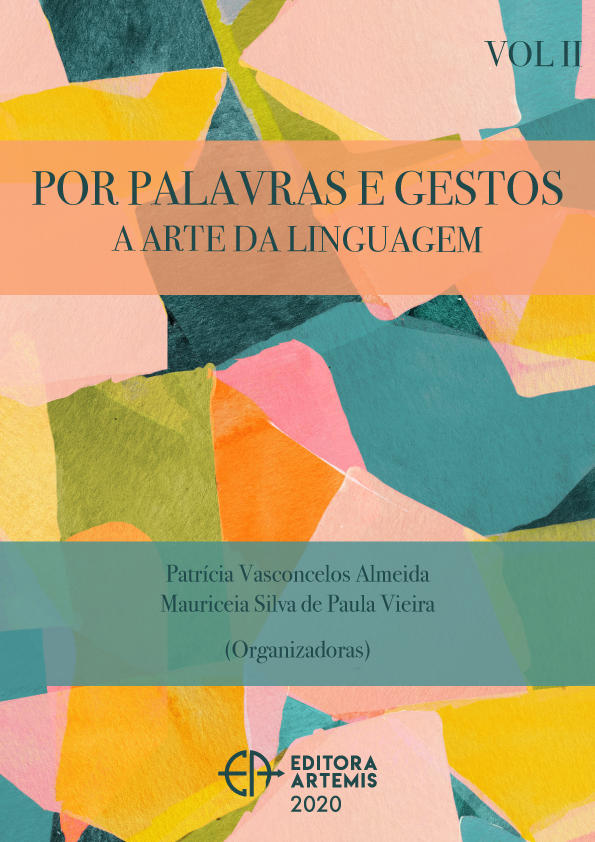
A LITERATURA NO ENSINO MÉDIO PODE SER UM CAMINHO PARA A FORMAÇÃO DE UM LEITOR?
Este artigo, inserido na área de concentração Literatura, procura responder à seguinte situação-problema: a Literatura, da forma que é abordada em sala de aula, é eficiente à formação de leitores? Tal temática tem como objetivo refletir sobre a Literatura no Ensino Médio e a forma que esse componente curricular está sendo abordado em classes regulares, de modo a garantir a plena formação de leitores. O respaldo teórico se fundamenta nos estudo de Mafra (2003), sobre o ensino da Literatura nas escolas de ensino médio; Corso e Ozelame (2009), acerca da formação leitora por prazer; e Lois (2010), que trata a respeito do professor que opta por não ser um leitor. A metodologia se prende a uma pesquisa de revisão bibliográfica e exploratória, baseada na análise da atual condição da escolarização da Literatura, o que envolve pensar na visão global do trabalho docente, bem como verificar a aplicabilidade de documentos oficiais da educação brasileira para que a competência leitora seja desenvolvida efetivamente entre os discentes. Esta pesquisa de cunho qualitativo procura, portanto, ampliar o olhar crítico acerca da abordagem da Literatura em sala de aula, ora tida como suficiente ao aprendizado e formação de leitores, ora tratada como simples componente da disciplina Língua Portuguesa.
A LITERATURA NO ENSINO MÉDIO PODE SER UM CAMINHO PARA A FORMAÇÃO DE UM LEITOR?
-
DOI: 10.37572/EdArt_11831072010
-
Palavras-chave: Ensino de literatura, Literatura no ensino médio, Formação de leitor.
-
Keywords: Literature teaching, High scool literature, Reader education.
-
Abstract:
This article, iserted in the, Literature concentration area, seeks to answer the following problem situation: Is Literature, in the way it is approached in the classroom, efficient in the training of readers? This theme aims to reflect on Literature in High School and the way that this curricular component is being approached in regular classes, in order to guarantee the full training of readers. The theoretical support is based on the studies by Mafra (2003), on the teaching of Literature in high schools; Corso e Ozelame (2009), about reading for pleasure; and Lois (2010), who deals with the teacher who chooses not to be a reader. The methodology is linked to a bibliographic and exploratory review research, besed on the analysis of the current condition of Literature schooling, which involves thinking about the global view of teaching work, as well as verifying the applicability of official documents of Brazilian education so thatreading competence is effectively developed among students. This qualitative research seeks, therefore, to broaden the critical look about the approach of Literature in the classroom, now considered sufficient for the learning and training of readers, now treated as a simple component of Portuguese Language discipline.
-
Número de páginas: 13
- Frank Alves Damasceno

